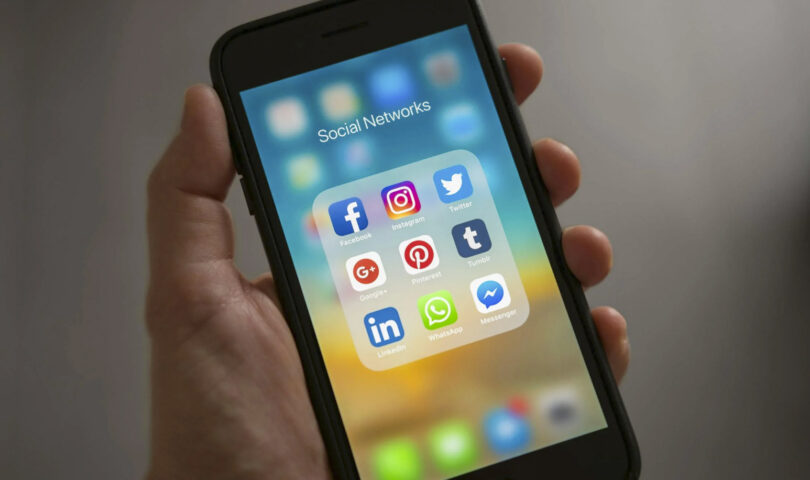
PRO
Notes app apologies, scripted videos with fake tears and deleted accounts are all the usual signs of “cancel culture” at work across the internet. Whether it be old insensitive social media posts resurfacing, or a recent joke in poor taste, it seems no one is safe from the dreaded dark cloud of being “canceled.”
For some, being canceled results in nothing more than taking a few days off from posting and carefully wording an apology before they resume business as usual. For others, though, they are forced to completely remove themselves from the internet, no matter how popular they previously were.
This may seem harsh — after all, the internet is some of these people’s entire livelihoods — but I think that’s exactly why it isn’t harsh. People who have said and done some pretty despicable things shouldn’t be able to post a half-sincere-half-not apology and go back to posting as usual, raking in paychecks higher than most people will ever see in their lives.
Completely de-platforming influencers or celebrities who do something wrong might seem like overkill, but I think they aren’t really taking accountability for what they did and learning from it, otherwise. They’re learning to be sneaky and that they can just get away with doing something wrong if they’re methodical about it.
This is also not to say that this unilaterally applies to every single individual and mistake made, but I do think in general that “cancel culture” is sometimes the only way people will take accountability.
For non-influencers or celebrities, doing or saying something offensive at work would get them fired and force them to pay the price for what they did. Just because someone has amassed a following on the internet doesn’t mean that their mistakes weigh any less than someone who isn’t famous, and that they don’t deserve to be held accountable.
mkane10@ramapo.edu
CON
Since the rise of social media sites such as Instagram, TikTok, Facebook and X, “cancel culture” has become a well-known phenomenon affecting some of the most popular celebrities. Cancel culture, defined as “the mass withdrawal of support from public figures or celebrities who have done things that aren’t socially accepted today,” has only proven to have gotten worse despite the many people speaking out against it.
While there are some celebrities who have committed terrible acts and deserve to be condemned for actions that harmed or belittled others, such as the recently popular P. Diddy scandal, there are people who have been canceled for reasons that are unfathomable. For example, Yoko Ono was accused of being the reason that the beloved band, The Beatles, broke up. However, it was said multiple times by members of the band that they broke up due to John Lennon being difficult to work with. Despite the fact that the theory was denounced, Yoko Ono had been dragged by the media for years.
Celebrities should not be canceled for actions that they did not commit, or if they did not hurt or disparage others. In my opinion, the rise of “cancel culture” has only grown as much as it has because of social media and the quick transfer of information from unreliable sources. On platforms such as TikTok, people share information about celebrities when they are not fully informed on the topic and people continue to spread that misinformation without ever fact-checking. Because of how fast-paced media has become, people have stopped trying to fully learn information before spreading it among friends, family and followers.
People should start learning more about the “controversies” that celebrities find themselves in before immediately canceling them and ruining their reputation and potentially forcing them to lose their jobs.
Featured photo courtesy of TraceyLe-Blanc, Pexels






